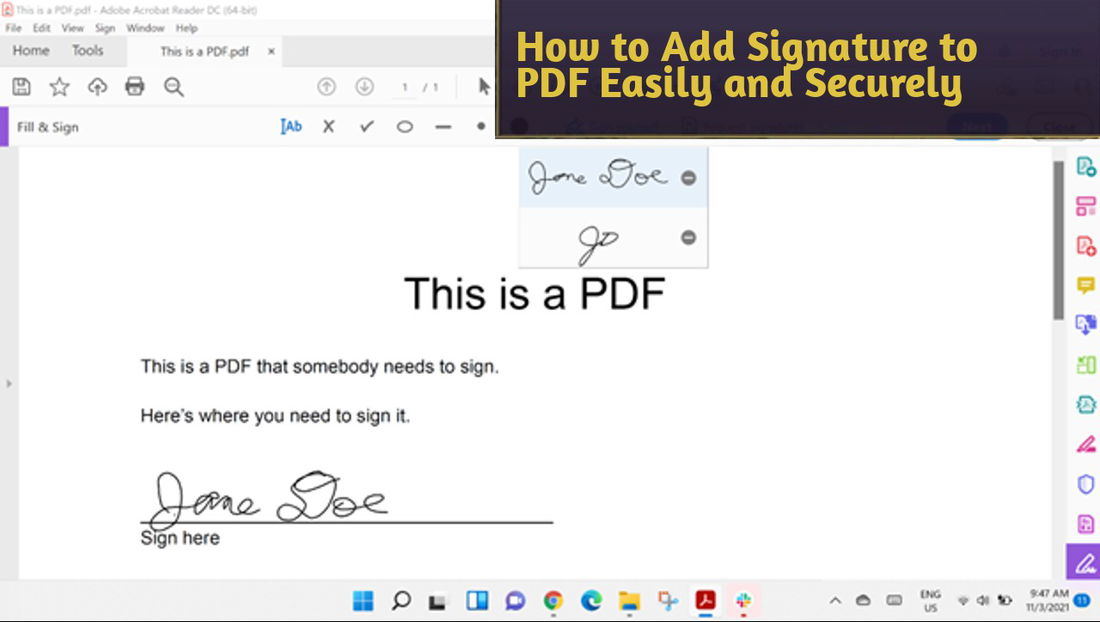In today’s fast-paced digital world, video games are often viewed as mere entertainment. However, strategy-based games like Hearthstone offer far more than just fun; they can serve as powerful educational tools. Hearthstone, a digital card game by Blizzard Entertainment, challenges players to think critically, evaluate risks, and make strategic decisions under pressure.
These gameplay mechanics mirror real-world decision-making scenarios, making the game especially valuable for students. As players build decks, anticipate opponents’ moves, and adapt to changing situations, they naturally develop cognitive skills that enhance their academic and personal lives.
What Makes Hearthstone a Strategic Learning Tool
According to Statista, around 85% of teens play video games, with over 40% claiming to do so daily. However, the popularity of video games is not without risks, as many parents feel increasingly concerned about their children spending time online while gaming. However, certain games act as strategic learning tools for the players,
Hearthstone is one such game that requires players to think strategically ahead, manage limited resources, and adapt to constantly changing scenarios. Each match involves planning moves, predicting opponents’ strategies, and balancing short-term gains with long-term goals.
The game encourages analytical thinking, patience, and flexibility; skills that are essential for success in both academics and life. Its turn-based format gives players time to reflect on their choices and promotes thoughtful decision-making rather than impulsive reactions.
Why Responsible Gaming Matters for Students
While strategic games like Hearthstone can boost decision-making and critical thinking, some games can have adverse effects. Gaming benefits can be reaped only if played in moderation with healthy gaming habits.
Without balance, students risk developing unhealthy patterns, which lead to video game addiction, particularly among younger users. The growing concern of addiction has led to several lawsuits filed against companies like Epic Games and Activision Blizzard. The video game addiction lawsuit alleges that certain game mechanics encourage compulsive behavior. These lawsuits are filed by parents or guardians of minors affected by excessive gaming.
According to TorHoerman Law, the severity of a lawsuit will depend on certain factors. The settlement amount is determined according to gaming timings, the extent of damage caused, and the effect on the individual’s life.
Using games as educational tools requires clear limits, self-awareness, and a focus on long-term mental health.
How Hearthstone Builds Risk Assessment Skills
Players must weigh potential rewards against possible losses when selecting cards, moves, or responding to opponents. Each turn involves analyzing probabilities, anticipating outcomes, and deciding whether to take bold actions or play it safe.
As per Active Players, the Hearthstone game can be played in 3 modes: Tavern Brawls, Arena, and Battlegrounds. Tavern Brawls are weekly challenges that regularly introduce new deck-building rules that keep the game unpredictable.
In Arena mode, players build a 30-card deck by selecting one card from a set of three across multiple rounds. Battlegrounds adds a unique twist by matching eight players randomly, who then compete against each other in every round of the match.
Each mode offers a distinct strategic experience and learning opportunity. This way, Hearthstone helps players build risk assessment skills.
How Students Learn to Adapt Under Pressure
In Hearthstone, each match presents unpredictable challenges, pushing students to think quickly and adapt under pressure. Whether facing unexpected card plays or rapidly shifting game dynamics, players must stay calm, reassess strategies, and make effective decisions on the fly.
According to Verywell Mind, there is strong evidence that video games are not only enjoyable but also effective in relieving stress. Playing Hearthstone can enhance emotional awareness and encourage healthier responses to challenges, improve coping strategies, and goal-setting abilities. It also offers a safe environment where players can build emotional resilience and practice managing stress in a positive way.
By regularly navigating high-stakes moments, students strengthen their ability to stay focused and make smart choices even in stressful situations.
How Game-Based Learning Connects to Real-Life Decisions
Game-based learning, especially through strategic games like Hearthstone, bridges the gap between play and real-life decision-making.
A report by the Entertainment Software Association states that 69% of global players play games for fun. However, many also turn to gaming for other meaningful benefits. About 36% play to keep their minds sharp, and 24% play video games to help manage or improve their mental health.
Players can analyze situations, set priorities, and choose actions with long-term consequences, just like in real-world scenarios. This interactive experience trains the brain to evaluate options, anticipate outcomes, and learn from mistakes. Such skills are transferable to daily life for making better choices in academics, relationships, etc.
Frequently Asked Questions
What age is Hearthstone suitable for?
Hearthstone is generally suitable for players aged 13 and older. The game requires reading comprehension, strategic thinking, and understanding of complex mechanics. While it is not overly violent, it contains fantasy themes that may not be ideal for younger children. Parental guidance is recommended for younger or first-time players.
Can playing Hearthstone become addictive?
Yes, especially if students spend excessive time on it or rely on it for constant stimulation. The game's competitive nature, reward systems, and frequent updates can encourage prolonged play. Without limits, players may prioritize gaming over school, sleep, or social activities. Practicing moderation is key to maintaining a healthy balance.
Should parents be concerned about game-based learning?
Parents should be aware but not alarmed about game-based learning. When used responsibly, it can enhance critical thinking and decision-making. However, without limits, it may lead to excessive screen time or distraction. Monitoring content and encouraging balance helps ensure a positive, educational gaming experience for students.
Striking the Right Balance with Game-Based Learning
Incorporating games like Hearthstone into education can empower students with valuable decision-making and problem-solving skills. However, the key to unlocking these benefits lies in responsible usage and mindful gaming habits.
By fostering a balanced approach, educators and parents can help students harness the educational power of strategic games. Meanwhile, they can also safeguard their well-being and promote healthy digital behavior for lifelong success.










— Kommentare 0
, Reaktionen 1
Sei der erste der kommentiert